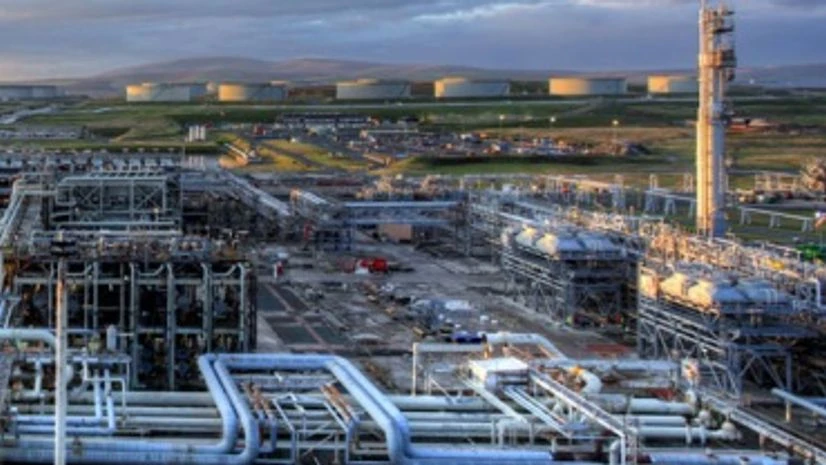The demand for specialty chemicals and intermediates is likely to grow in double digits in the next 10 years due to rising consumption from high-end polymer industry and other user segments.
The Indian chemical industry is rated 6th in the world and 3rd in Asia in value added terms at constant prices. India is at the cusp of becoming the manufacturing hub for the world with government support and initiatives like Make in India. Business activities of all organizations are thus becoming more global and supply chains more complex.
Experts believe that the Indian GDP is likely to cross $5 trillion in the next 10 years, with the steady pace growth and reforms like goods and services tax (GST) coming into play.
"While the demand for specialty chemicals and intermediates will continue to grow in double digits during this time, the tipping point for consumption of high end polymers will occur once the per capita income exceeds $ 2,500," experts deliberated at the Together for Sustainability (TfS) here on Tuesday.
Considering the important role played by chemical industry across sectors including automobile, pharmaceuticals, textiles and even manufacturing, aligning with sustainability will help the sector to drive innovation as well as their growth engine.
"Innovation in chemistry and chemical technology will be key to enable sustainable development of our country. Every member of the Indian chemical industry has the responsibility and a role to play in this, whether it is large, medium or small scale industry; multinational or local. To develop a sustainable ecosystem industry, academia, regulators, government and other stakeholders need to come together as equal partners to deliberate and develop solutions for major challenges that we face whether it is waste or water management. More consistent enforcement of regulations and an approach of incentive/penalty to encourage adoption of sustainable practices is required. Finally, an environment that encourages and promotes innovation and availability of efficient infrastructure will go a long way in building a sustainable ecosystem for the Indian chemical industry," said Raman Ramachandran, Chairman and Managing Director, BASF India Ltd., and Head, BASF, South Asia.
For Bayer, sustainability means future viability and, as part of corporate strategy, it is integrated into everyday procedures, said Richard van der Merwe, Senior Bayer Representative, Bayer Group South Asia.
More From This Section
Asia Pacific in general, and India in particular has tremendous growth potential. In the long term, adherence to sustainability standards will continue to be a crucial factor for value creation and an important lever for minimizing risks.
"Bayer wants to achieve lasting commercial success while meeting the needs of employees and society, and protecting the environment and natural resources. We therefore endeavor to balance our economic objectives with social and ecological requirements in the development, manufacturing and marketing of our products. We expect a similar commitment from the partners that we work with - globally and in India. The quest for sustainable processes is an ongoing activity. We have to be vigilant, constantly monitor the way we do business, continuously innovate across the value chain and be flexible to change whenever and wherever required.We see Together for Sustainability as a forum that allows us to share sustainability Best Practices and learn from each other - among member companies, but also with our suppliers," Richard added.
Deepak Parikh, Vice Chairman and managing director and Region President, Clariant in India, said, "The chemical industry is taking the lead towards sustainability by focusing on innovative solutions, and consistently introducing new sustainable product offerings. Innovative solutions and an improving eco footprint clearly testify the commitment of the chemical industry towards sustainability amid rising concerns around climate change and depleting natural resources. Chemical companies are increasingly working towards reducing energy intensity of their operations, minimizing effluent discharge and pollution, increasing the share of recyclable products in their portfolio and diversifying their raw material base to include bio-feedstock. While end-user companies are leaving no stone unturned in their quest to reduce carbon footprint in their supply chain, it is here that specialty chemicals play a pivotal role. Be it developing detergents that require less water to cleanse, packaging materials without heavy metals, or paints with low volatile organic compound."

)
